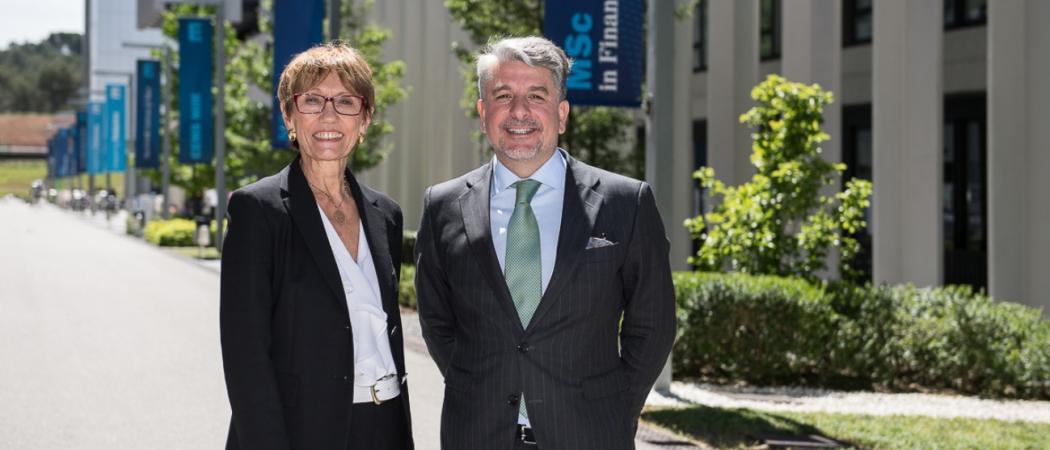
Accenture and ESADE have announced, along with the Polytechnic University of Catalonia (UPC) and the European Institute of Design (IED), a call for the Smart Fabrics Hackathon, a competition in which one hundred students will compete to find the best business opportunity involving the use of smart fabrics. Working in multidisciplinary teams, participants will have to defend their business ideas based on fabrics with built-in sensors, demonstrating their viability and developing a functional prototype. And they must do all this in record time: less than 48 hours, over the course of a weekend
The solutions presented during the Accenture-ESADE Smart Fabrics Hackathon could help monitor a person’s physical condition, enable the monitoring and progress of a sport activity, or constitute a breakthrough in the fashion industry, amongst other things. The participants in the Hackathon, to take place on 16, 17 and 18 February, will have the support of ESADE faculty and top consultants from Accenture with expertise in the industry
A strategic alliance to lead innovation processes
The challenge proposed by ESADE and Accenture is the first of the initiatives envisaged under the partnership agreement recently signed by Juan Pedro Moreno, president of Accenture Spain, Portugal and Israel, and Eugenia Bieto, director general of ESADE. The partnership will allow both institutions to pool their talent and knowledge to support companies seeking to lead disruptive processes in their industries and tap into the talent of ESADE’s students.
The Smart Fabrics Hackathon will be held in ESADE’s new Fusion Point lab, with which Accenture will partner on digital innovation, helping to make it a benchmark facility in innovation and a meeting point for students and companies. The laboratory was especially designed to host activities in which companies propose challenges for students to solve, with a view to promoting multidisciplinary solutions and encouraging teamwork.
According to Moreno, ‘The partnership with ESADE broadens Accenture’s commitment to education and talent, which has a direct impact on companies and their innovation, entrepreneurship and technology development ecosystems. Accenture annually hires more than 2,000 people in Spain, who join a team of 11,000 professionals.’ In this regard, he continued, ‘the agreement with ESADE will generate specific knowledge and will strengthen the connection between academia and the business world.’
Bieto stressed, ‘Working alongside Accenture, ESADE will help to invent, develop and implement disruptive innovations and, thus, to meet the challenges of globalisation and digitalisation.’ ‘ESADE’s goal is for the learning model to be an essentially experiential process’, the director general said. ‘Thus, the key is no longer just the classrooms, but also the labs, which are meeting points for knowledge, learning and business. That is the main focus of our Student First project, which aims to promote innovation processes.’
Accenture will also be present outside the ESADE classrooms. Through Accenture Digital, it will continue its partnership with ESADECreapolis, ESADE’s business innovation park, to develop the Retail Forum, a platform for meeting, sharing and knowledge intended to promote innovation and transformation in the retail sector. This partnership between Accenture and ESADE arose in response to the need for companies to face the revolution that retail is currently undergoing as a result of the impact of technology and changing consumer behaviour.
This release was first published 22 January by ESADE.





 A unique international forum for public research organisations and companies to connect their external engagement with strategic interests around their R&D system.
A unique international forum for public research organisations and companies to connect their external engagement with strategic interests around their R&D system.